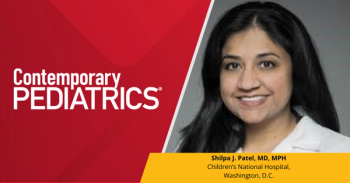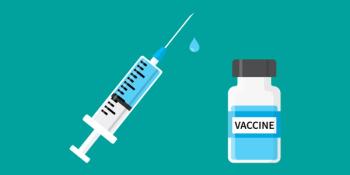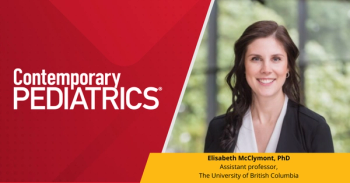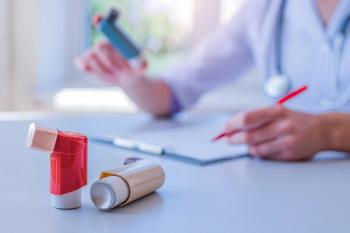
“Replacing Pills With Skills” Workshop Teaches Self-Care Techniques for Kids
Timothy Culbert, MD, and Rebecca Kajander, MPH, CNP, nearly put the audience to sleep at their October 18th interactive workshop, “Replacing Pills with Skills.” But that was just what they had hoped would happen!The two staff members from the Integrative Medicine Program at Children’s Hospital and Clinics in Minneapolis demonstrated-and then had the audience practice-a variety of self-care techniques that can be taught to children to help them manage common health problems, such as pain, insomnia, anxiety, and nausea.
Timothy Culbert, MD, and Rebecca Kajander, MPH, CNP, nearly put the audience to sleep at their October 18th interactive workshop, “Replacing Pills with Skills.” But that was just what they had hoped would happen!The two staff members from the Integrative Medicine Program at Children’s Hospital and Clinics in Minneapolis demonstrated-and then had the audience practice-a variety of self-care techniques that can be taught to children to help them manage common health problems, such as pain, insomnia, anxiety, and nausea. In addition to progressive muscle relaxation (which had some attendees at this late-afternoon session close to dozing!), the skills demonstrated included biofeedback, diaphragmatic breathing, aromatherapy, acupressure, and others.Children take naturally to self-regulation skills. The presenters, who are part of the longest-running integrative medicine program for kids in the country, pointed out that children and self-care skills are a remarkably good “fit”-for a number of reasons. First, children naturally strive for mastery and thus are drawn to skills that increase their sense of internal control and that make them an active participant in their own care. Second, children are better than adults at learning these skills: they are enthusiastic, they typically find the techniques fun, and consequently, they pick the skills up quickly. Finally, self-regulation skills-unlike almost any medication-are absolutely safe.Dr Kajander noted that although large randomized controlled trials may be lacking, there is some evidence of efficacy for all the skills they teach. He also pointed out that, any implications of the session title to the contrary, clinicians in the Minneapolis Children’s Hospital Program are by no means opposed to the use of medication. There is often a place in management strategies for medication as well as self-care skills, he said; integrative medicine strives to combine the best of complementary/alternative medicine with traditional medical approaches. Belly breathing and Biodots. The most important self-regulation skill of all, Ms. Kajander said, was diaphragmatic (or “belly”) breathing. She had the physicians in the audience all put their hands on their abdomens and then practice using their diaphragm to inhale. Breathing in this way, she said, can help children with a wide variety of symptoms, from performance anxiety to headache to stomachache to insomnia.The presenters noted that incorporating simple objects in the performance of the skills makes them more fun for children. For example, to help children focus on exhaling completely when they are practicing belly breathing, one might have them exhale through a straw or onto a pinwheel to make it spin. Other “tools” that can be employed include Biodots (temperature-sensitive stick-on dots that children can stick to the back of their hand and get to change color by relaxing), adhesive beads for use in acupressure, and small vials of common essential oils (eg, lavender, orange, lemon, peppermint, spearmint) for use in aromatherapy.It was easy to spot which convention attendees that been to this session. They were all walking around with shiny little temperature-sensitive dots on the backs of their hands-which were uniformly blue from relaxation.
Newsletter
Access practical, evidence-based guidance to support better care for our youngest patients. Join our email list for the latest clinical updates.








